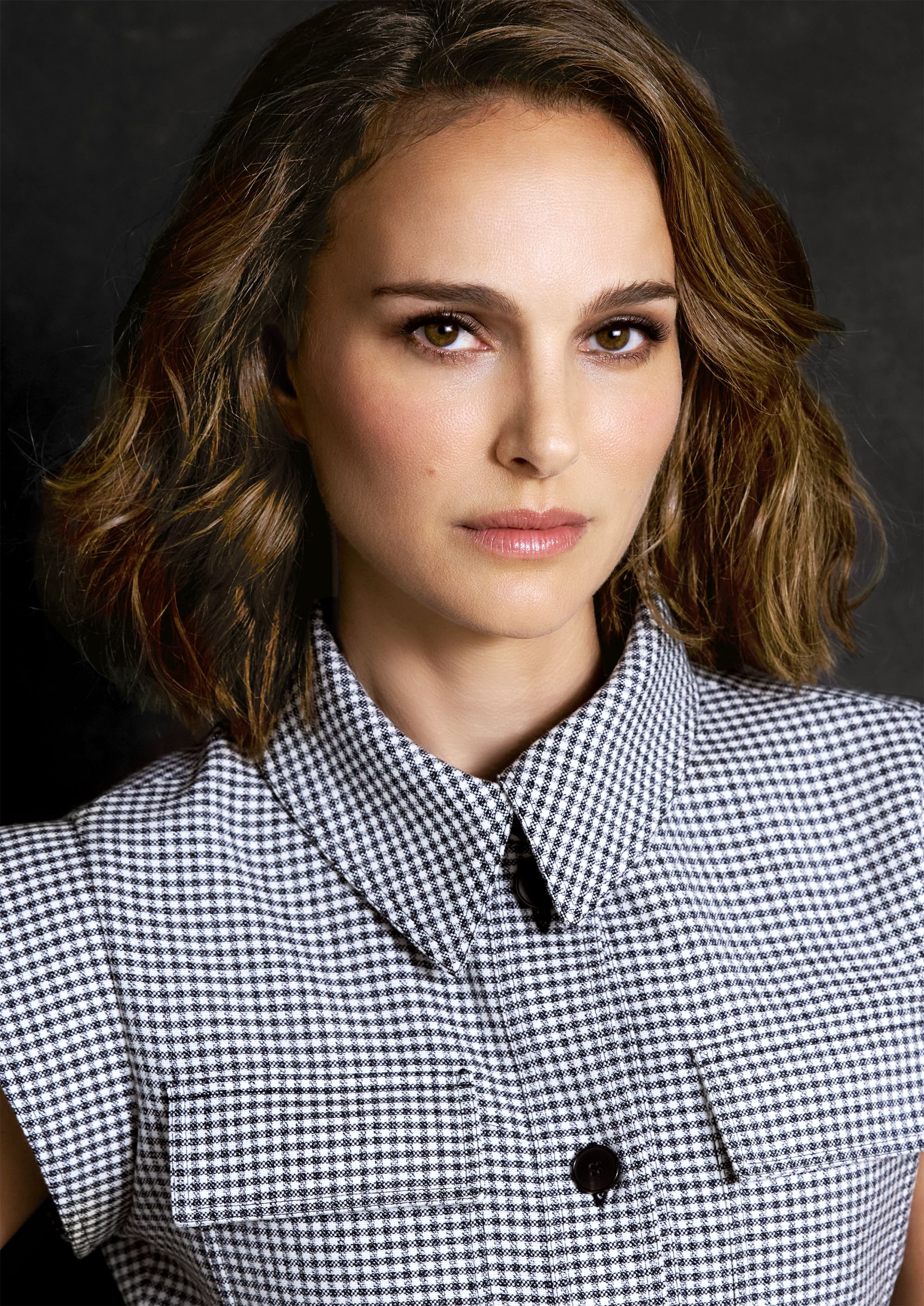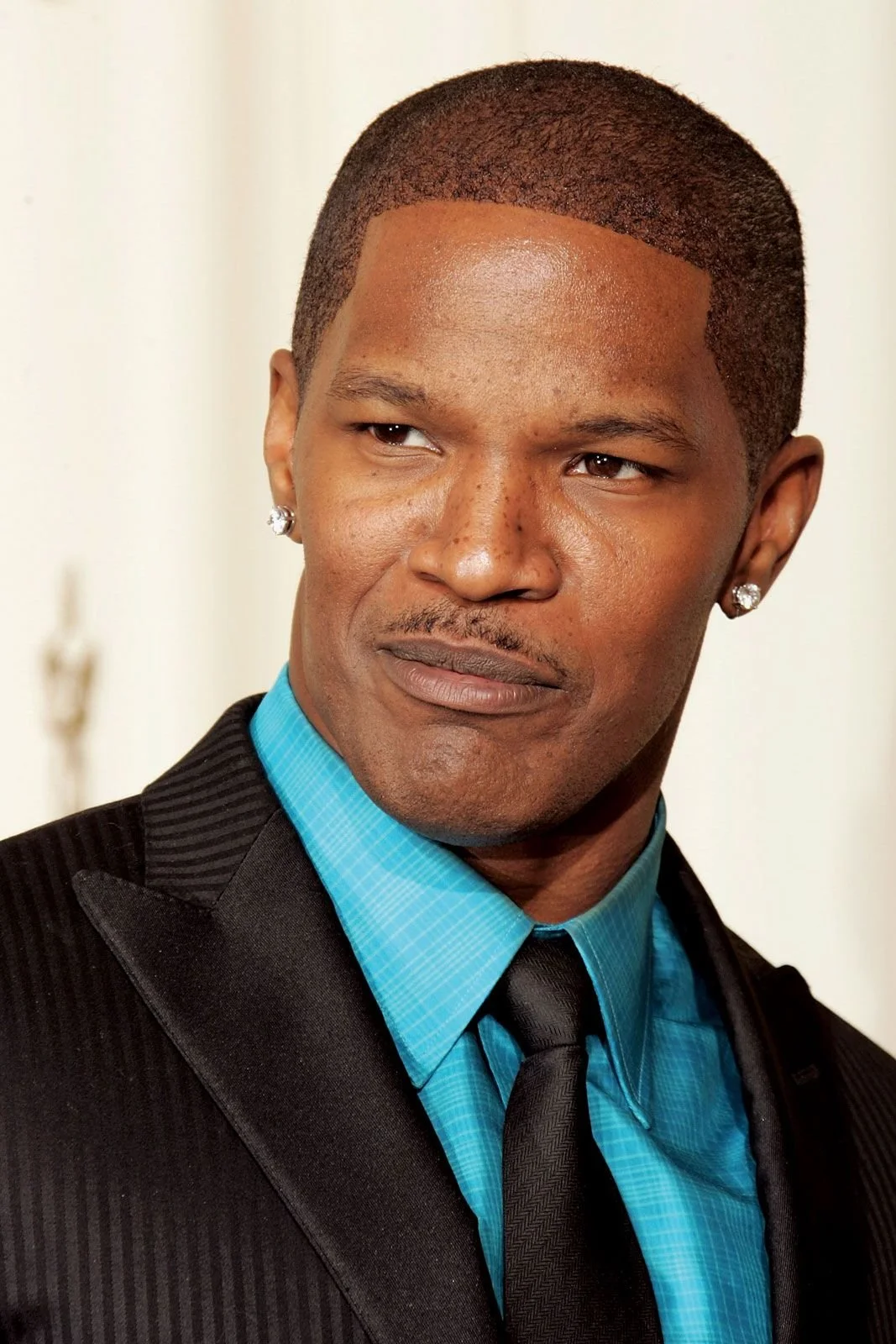Stage Name Game: How to Give Your Child Actor a Hollywood-Worthy Alias
Lights, camera, action! In the dazzling world of showbiz, a stage name isn't just a clever moniker—it's a golden ticket to stardom, a shield of privacy, and sometimes, a necessity as crucial as nailing that audition. For our pint-sized superstars, choosing a stage name can be a game-changer, shaping their personal brand and future career trajectory. So, let's dive into the glittering pool of pseudonyms and explore whether your budding thespian should don a new name along with their costume.
What's in a (Stage) Name?
Imagine a name that rolls off the tongue like butter, catches the ear like a catchy jingle, and sticks in the mind like that song you can't stop humming. That's the magic of a well-chosen stage name. It's the professionally adopted alter ego under which your child will conquer Hollywood, one role at a time.
Why Swap the Birth Certificate for a Stage Name?
1. Memorability and Marketability: In a sea of aspiring stars, a unique stage name can be the lighthouse that guides casting directors to your child's shore of talent.
2. Privacy Shield: It's like a superhero mask for your little star, keeping their personal life tucked safely behind the curtain while they shine on stage.
3. Cultural Chameleon: Some actors choose names that honor their heritage or personal journey, weaving their identity into their professional persona.
4. Confusion Buster: If your child shares a name with the local plumber or worse, an established actor, a stage name can help avoid mix-ups faster than you can say "And the Oscar goes to..."
Before You Christen Your Star
Family Pow-wow: Gather the troops! This decision should be a family affair, with your child's voice front and center.
Consistency is Key: Once you've picked that perfect name, stick to it like glue. Consistency builds recognition faster than you can say "That's a wrap!"
Legal Eagles: Don't forget to dot your i's and cross your t's. Understanding the legal side of stage names is crucial, especially when it comes to those all-important contracts and paychecks.
Crafting the Perfect Stage Name
1. Mirror, Mirror: Choose a name that reflects your child's sparkle, whether it's their bubbly personality or the roles they dream of landing.
2. Keep it Simple: Aim for a name that's easier to spell than "supercalifragilisticexpialidocious." Trust me, casting directors will thank you.
3. One of a Kind: Do your homework and make sure the name isn't already lighting up another marquee.
Star-Studded Examples: Notable Stage Names in Hollywood
Let's roll out the red carpet for some of Tinseltown's most famous stage names. These examples showcase how a well-chosen alias can become as iconic as the roles these stars play.
1. Miley Cyrus (born Destiny Hope Cyrus)
Why it works: Miley was her childhood nickname, meaning "smiley." It's friendly, approachable, and memorable – perfect for her early Disney career and beyond.
2. Natalie Portman (born Neta-Lee Hershlag)
Why it works: Natalie adopted her grandmother's maiden name, Portman. It's easier to pronounce and remember than her birth name, while still honoring her family heritage.
3. Emma Stone (born Emily Jean Stone)
Why it works: Emma changed her name to avoid confusion with another Emily Stone in SAG. It's simple, elegant, and has a timeless quality that's suited her from teen comedies to Oscar-winning dramas.
4. Zendaya (born Zendaya Maree Stoermer Coleman)
Why it works: By using just her first name, Zendaya created a unique, one-name brand for herself. It's distinctive, exotic-sounding, and perfectly encapsulates her star power.
5. Charlie Sheen (born Carlos Irwin Estévez)
Why it works: Charlie adopted his father's (Martin Sheen) stage surname while americanizing his first name. This choice helped him establish his own identity while still connecting him to his famous family.
6. Dakota Fanning (born Hannah Dakota Fanning)
Why it works: By using her middle name, Dakota created a unique identity that stood out in auditions from a young age. It's distinctive without being too far removed from her real name.
7. Elijah Wood (born Elijah Jordan Wood)
Why it works: While Elijah kept his first name, dropping his middle name created a simpler, punchier stage name that's easy to remember and looks great on a marquee.
8. Jamie Foxx (born Eric Marlon Bishop)
Why it works: Jamie chose a unisex first name and a snappy surname, creating a name that's memorable and rolls off the tongue. He's said he chose it partly because female comedians often got called up first at open mics!
9. Marilyn Monroe (born Norma Jeane Mortenson)
Why it works: “Marilyn Monroe” has a classic, glamorous sound. “Marilyn” is elegant and sophisticated, while “Monroe” adds a touch of old Hollywood charm, perfectly encapsulating her star persona.
10. Vin Diesel (born Mark Sinclair)
Why it works: “Vin Diesel” is a dynamic, high-energy name that fits his tough-guy persona. “Vin” is short and sharp, while “Diesel” evokes power and speed, aligning with his roles in action films.
These stars show us that a great stage name can be born from a nickname, a family name, or simply by tweaking what's on the birth certificate. The key is finding something that resonates with the child actor's personality, is easy to remember, and has the potential to grow with them as their career evolves.
The Ripple Effect on Your Child's Career
Brand Building: A great stage name can become your child's signature, as recognizable as Mickey Mouse ears or a lightsaber.
Room to Grow: As your little star blossoms into a teen heartthrob or serious dramatic actor, a well-chosen stage name can evolve right along with them.
The Final Act
Choosing a stage name is like picking the perfect costume—it needs to fit just right, feel comfortable, and help your child shine in the spotlight. It's a blend of art and strategy, personal touch and professional savvy. Whatever you decide, make sure it's a choice that puts your child's best foot forward on the red carpet of their dreams.
Your Next Role: Decision Maker
Are you ready to embark on the thrilling adventure of choosing a stage name? Or perhaps you're wrestling with other aspects of your child's budding acting career? Fear not, intrepid parent! Child Actor 101 is your backstage pass to expert advice, classes, and resources tailored for young stars in the making.
Don't let the curtain fall on your child's dreams—visit Child Actor 101 Classes and discover how we can help your little luminary steal the show. After all, in the grand production of your child's career, you're the director, and we're here to make sure it's a smash hit!
Frequently Asked Questions About Stage Names for Child Actors
Do child actors have to use stage names?
No, child actors are not required to use stage names. It's a personal choice that depends on factors like privacy concerns, the uniqueness of their birth name, and career goals. Many successful child actors use their real names, while others opt for stage names for various reasons.
What are the benefits of using a stage name for a child actor?
Stage names can offer several benefits:
• Enhanced privacy by separating personal and professional identities
• Increased memorability if the birth name is common or difficult to pronounce
• Avoidance of confusion with other actors who might have similar names
• Creation of a distinct personal brand from an early age
• Potential to choose a name that better fits the image or roles the child wants to pursue
How do I choose a good stage name for my child?
When choosing a stage name, consider these factors:
• Ease of pronunciation and spelling
• Uniqueness without being too outlandish
• Suitability for various roles and longevity in the industry
• Personal meaning or connection to the child
• Availability of the name (check if it's already in use by another actor)
• How it sounds when announced or called at auditions
Can we use a slight variation of my child's real name as a stage name?
Yes, many actors use variations of their real names as stage names. This could involve using a middle name, a nickname, or a simplified version of their full name. For example, Miley Cyrus (born Destiny Hope Cyrus) used her childhood nickname as her stage name.
Do we need to legally change my child's name to use a stage name?
No, you don't need to legally change your child's name to use a stage name. Most actors use stage names professionally while retaining their legal names for official documents. However, it's important to be consistent in using the stage name for all professional activities.
Are there any legal considerations when using a stage name?
While using a stage name is generally straightforward, there are some legal considerations:
• Ensure the stage name doesn't infringe on any trademarks
• Be consistent in using the stage name on all contracts and professional documents
• Consider registering the stage name as a trademark if it becomes valuable to your child's brand
• Be transparent with industry professionals about the use of a stage name
Can a stage name be changed later in an actor's career?
Yes, actors can change their stage names later in their careers. However, it's generally advisable to stick with one name to build recognition and avoid confusion among fans and industry professionals. If a change is necessary, it's best to do it early in the career or during a significant career transition.
How do we handle credits and contracts with a stage name?
For credits, always use the stage name consistently. For contracts, it's common to sign with the legal name and include a clause stating "professionally known as [Stage Name]". Consult with an entertainment lawyer to ensure all documents are handled correctly.
Will using a stage name affect my child's education or other non-acting activities?
Using a stage name shouldn't affect your child's education or other activities. Many child actors use their real names for school and personal life while using their stage names only for professional acting work. Clear communication with schools and other organizations about the use of a stage name can prevent any confusion.
Are there any downsides to using a stage name for a child actor?
Potential downsides might include:
• Initial confusion among friends and family
• The need to maintain two identities (personal and professional)
• Possible disconnect between the child's real identity and their public persona
• Challenges in building a personal brand if the stage name is very different from the real name
However, these challenges are often outweighed by the benefits for many actors.
















